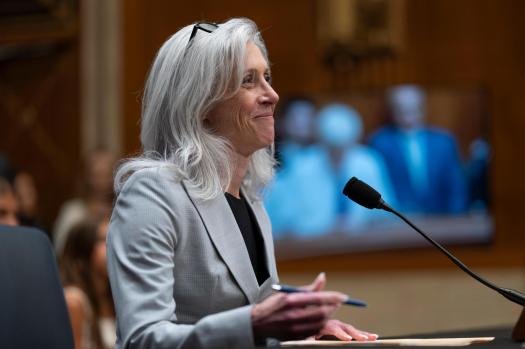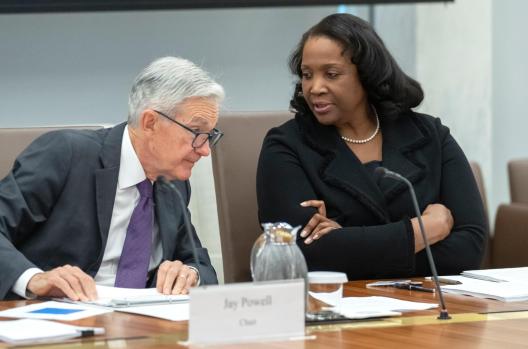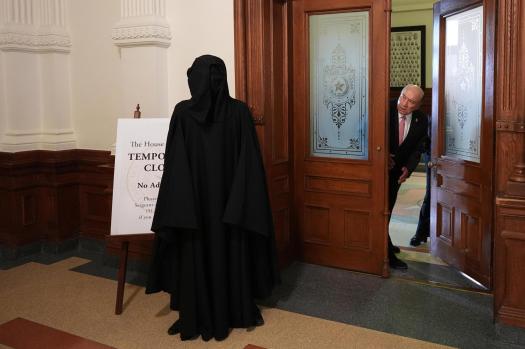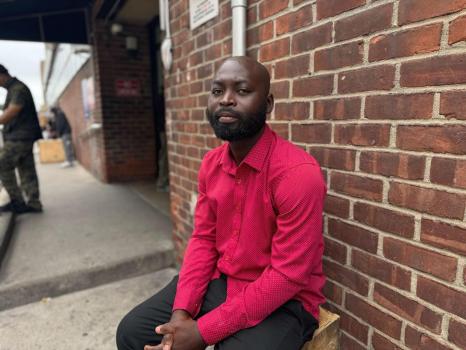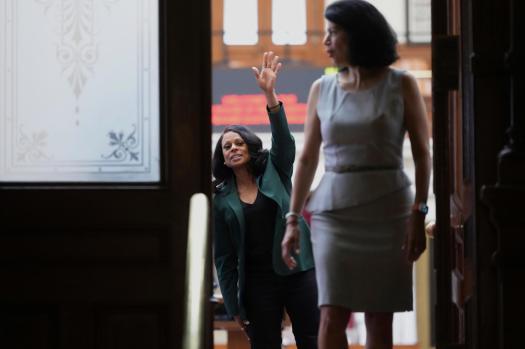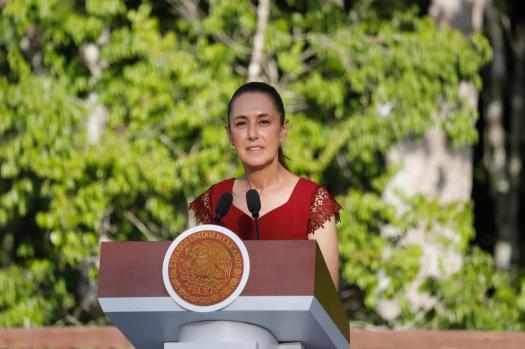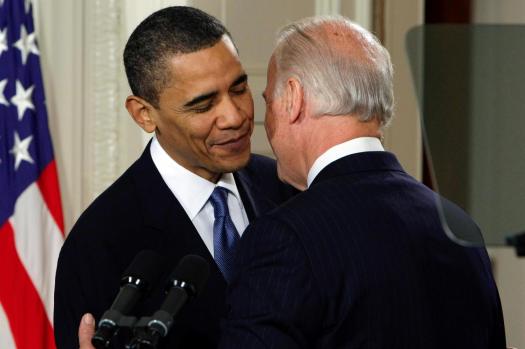By Associated Press’s JONEL ALECCIA
President Donald Trump’s nominee to head the U.S. Centers for Disease Control and Prevention, Susan Monarez, told senators on Wednesday that she supports vaccines, public health initiatives, and solid scientific data. However, she mostly avoided answering questions about the agency’s massive budget cuts, program terminations, and whether she agreed with any of Health Secretary Robert F. Kennedy Jr.’s recent actions.
Monarez said members of a Senate health committee that will determine whether to move forward with her nomination that the secretary is carrying out the crucial task of overseeing a complicated department.
The first CDC director nominee to need Senate confirmation is 50-year-old Monarez. After Trump abruptly retracted his original pick, David Weldon, she was named acting director in January and the nominee for the position in March. Despite being the first nonphysician to head the CDC in decades, Monarez is a renowned scientist and the previous chief of a federal biomedical research agency.
Monarez stated repeatedly that she would try to keep the agency’s essential operations and move important programs to other areas of the Health and Human Services department, but that she had not been involved in decisions earlier this year to reduce hundreds of employees and end CDC programs.
Some senators, including Virginia Democrat Tim Kaine, who claimed he had no doubts about her qualifications, seemed to be annoyed by her responses.
“I have concerns regarding your commitment to upholding your principles,” he remarked.
Monarez faced intense questioning during the two-hour hearing regarding Kennedy’s recent decision to dismiss all 17 members of an important committee that assesses and recommends vaccines, his denial of the dangers of measles during a national outbreak, and staffing reductions to a program that looks into lead poisoning in children.
The committee’s chairman, Sen. Bill Cassidy, a Republican from Louisiana, asked for guarantees regarding the scientific soundness of the CDC’s Advisory Committee on Immunization Practices, which Kennedy reorganized to include vaccine doubters.
A critic may voice their opinions, but someone should examine the overwhelming data supporting vaccine safety, Cassidy stated.
Monarez expressed her strong support for immunizations and other public health initiatives, adding, “I believe vaccines save lives.”
She went on to say that the ACIP has a crucial role to play. Additionally, it must ensure that its decision-making is supported by evidence and science.
Related Articles
-
Fed s Powell repeats warning about tariffs as some GOP senators accuse him of bias
-
California found in violation of Title IX in clash with Trump officials over transgender athletes
-
A look at how Trump s big bill could change the US immigration system
-
US Rep. LaMonica McIver pleads not guilty to assault charges stemming from immigration center visit
-
Trump judicial nominee Emil Bove denies advising lawyers to ignore court orders
At the $9.2 billion organization charged with assessing vaccinations, tracking illnesses, and keeping an eye out for health risks to Americans, she pledged to place a high priority on innovation, evidence-based quick decision-making, and transparent communication.
Monarez stated that Kennedy had outlined a very clear vision for the agency, but she would not say if she had disagreed with any of his decisions to date.
She continued, “I believe he has given important public health initiatives for preventing chronic diseases top priority.”
Verification of Monarez would put an end to months of uncertainty at the CDC in Atlanta, where it was unclear who was in charge of the organization. Matthew Buzzelli, the CDC’s chief of staff and a lawyer and political appointee without any medical background, partially filled the position of acting director.
Monarez received postdoctoral studies in microbiology and immunology at Stanford University after earning her doctorate in these fields from the University of Wisconsin.
Employees at the CDC headquarters in Atlanta have said that Monarez was hardly heard from from late January until late March, when she was nominated by Trump.
To stop the spread of malaria in the United States, the CDC was established about 80 years ago. Later, its goals were broadened, and it progressively rose to prominence as a leading authority on chronic and infectious diseases as well as a trusted source of health information.
The Robert Wood Johnson Foundation and the Department of Science Education of the Howard Hughes Medical Institute provide support to the Associated Press Health and Science Department. All content is entirely the AP’s responsibility.
